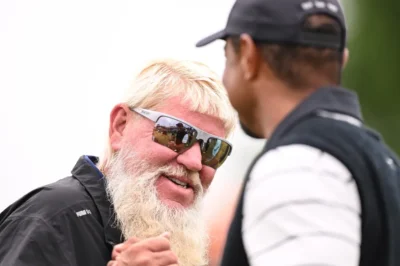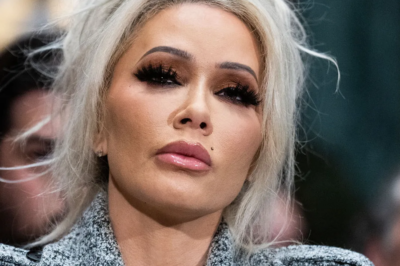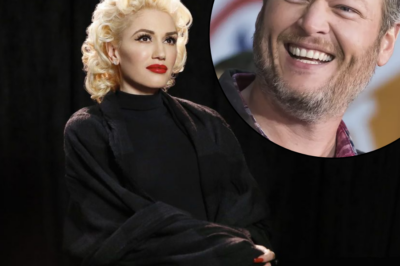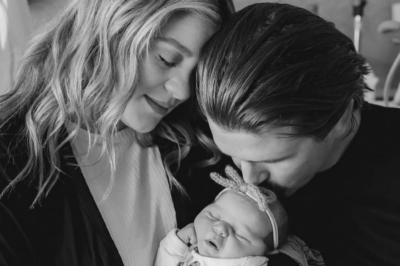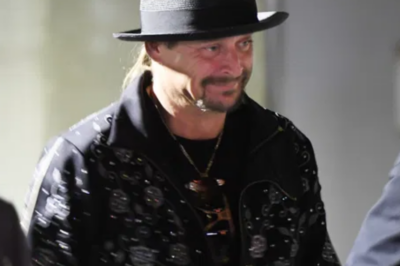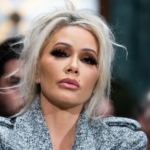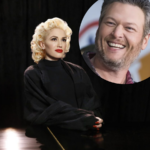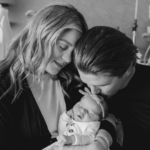
Nathan Zucker
David Michael Hawkins
“I don’t expect terrestrial country radio to pick me or play this song. It’s not meant for them,” says David Michael Hawkins. “The song is meant for queer people who hear themselves in the lyrics. It’s meant for people, like me, who were raised on country music, who can finally relate to a song.”
Nashville country singer David Michael Hawkins is stepping out to be unapologetically himself, and his new single “Sin” is as vulnerable as it gets. The exposed song is out today — during Pride Month and ahead of National HIV Testing Day on June 27.
Hawkins, who is out and is living with HIV, wrote the song for the underdog.
“I wrote ‘SIN’ because I know there are other young LGBTQIA youth struggling to love themselves. I know there are addicts that think they are too far gone to change. And I know there are people with an HIV diagnosis that think no one will ever love them. I want them to know they aren’t alone, and I understand their pain. And that there is hope even at the darkest times,” he said in a statement leading up to the song’s debut Friday.
The artist, who is sober, married, and thriving, has taken his experience to Prides around the world and speaks at HIV conferences.
The Advocate spoke to Hawkins about “Sin” and his motivations for writing “Sin”.
I will turn 40 in August, I’m healthy, I’m proud of my past, and I just got married to the love of my life. Those are major milestones that have given me an opportunity to look back as to how I got here. And though I’ve had really incredible highs, they have been met with equally, if not egregiously, deeper lows. I wanted to pen a track that touches on those lows, providing me with an opportunity to reflect on deeply personal and problematic moments, but in my reflection, I realized they are not specific to me. I had a really abusive childhood, I struggled with a terrible substance abuse problem, I was stigmatized by my HIV diagnosis, and I had major mental health struggles. The more I thought of my plight, the more I realized that these are unfortunately common themes within the queer community. So it made sense to release this during Pride month. I wanted listeners to know that they aren’t alone. Queer loneliness is an epidemic, and fosters such awful fallout. It breaks my heart to think of others who have gone through what I have. And since there aren’t too many songs (if any) outwardly written about HIV, it seemed even more in alignment to release it to help promote HIV Testing Awareness Day.
“Walked in the room / Told her I was shaking / Today was the day for make or breaking”: This lyric was born from my memory of walking into my mother’s living room one day. I said “I’m going to get tested for HIV today, and I want you to be prepared for me to come home with a positive diagnosis.”
“Got the news / felt shame, felt guilty” ….. “Now a man on that stage, reading from that page”: This portion of the song related to the super kind nurses and techs giving me the paperwork about my HIV diagnosis…me seeing it on paper, and the emotions I felt coming to the realization that my life just took a huge pivot.
How have these aspects of yourself — being gay and living with HIV — affected your music?
When I realized that I was the first openly HIV-positive country artist, I laughed because it’s quite rare to be the first at anything, much less in a music genre with such a storied history, but my HIV story has been public far before any of my music came out. So there was no putting the toothpaste back in the tube. Plus, even the staunchest of country music traditionalists will tell you that the music’s foundation is “three chords and the truth” — and I took their approach. I said, Let’s make honest country music – no matter the fall out. And now I have a song that I can be proud of, no matter the feedback.
The country music scene isn’t always known for being the most accepting of people from marginalized groups. What has your experience been in Nashville? Have you seen more acceptance over time?
I don’t expect terrestrial country radio to pick me or play this song. It’s not meant for them. The song is meant for queer people who hear themselves in the lyrics. It’s meant for people, like me, who were raised on country music, who can finally relate to a song they choose to stream. As far as Nashville goes, I wish I could proclaim from the proverbial rooftop: Nashville is super queer! It’s why I moved here. We have so many safe spaces, neighborhoods, communities. Regarding the country music industry, it’s far more accepting than people realize, but there is a lot more work we need to do. Now more than ever we have queer artists thriving in the space. I’m grateful and excited to see where we are in 5 or 10 years.
You said that the central message of “Sin” is hope. How do you think we find hope in those darkest times?
I have dozens of friends who have died from mental health battles, stigma, and substance abuse. Too many to count. For a decade of my life, I thought to myself on repeat, Who could love this? I am unworthy. I am too far gone to go back. Sober life can’t be worth living. It seemed hopeless. But even then, even when I thought I was done for, there was a small ember of hope still burning in me. And when I was ready to make the change, the ember grew to an inferno. It’s cliche, but if I can turn my life around, anyone can.
What do you hope listeners gain from the single?
I hope it’s relatable. I hope people enjoy the lyrics and see themselves reflected back to them. And especially for country music lovers, I hope I did their genre justice. I hope I’ve made queer country fans proud.
News
UNBELIEVABLE!! John Daly has removed Tiger Woods from his list of the greatest golf legends.
Golf cult hero John Daly names his Mount Rushmore but controversially snubs Tiger Woods JOHN DALY has snubbed Tiger Woods…
Bunnie Xo didn’t hesitate to open up about why she gave Jelly Roll a second chance after the singer’s infidelity, but there would never be a “third time.”
Bunnie Xo Reveals Why She Gave Jelly Roll a Second Chance After Affair, But Would He Get a Third? ‘Absolutely…
Gwen Stefani was the “only person” to vote for Blake Shelton to be named “Sexiest Man in the World”.
Carson Daly Jokes Gwen Stefani Was the ‘Only One Voting’ the Year Blake Shelton Was Named Sexiest Man Alive The…
Lauren Alaina speaks out after becoming a victim of online body shaming that left her furious.
Country Star Issues Blunt Response After Being Criticized for Her Appearance: ‘I’m Seething’ Lauren Alaina is speaking out after falling victim…
Resurfaced clips of Kid Rock’s creepy comments about the underage Olsen twins are back to haunt us all
Kid Rock just can’t help making the news these days. If only it was for good reasons! This week alone,…
Unbelievable: Couple goes viral on social media for “BDSM love-fest” at Bailey Zimmerman concert.
Florida Couple Goes Mega-Viral For Shocking Display Of PDA At Bailey Zimmerman Concert I’m not going to yuck someone’s yum,…
End of content
No more pages to load

